Beyond Coinbase: The Best Way to HODL your Cryptocurrencies Securely (and still earn passive income)? A guide to directly storing crypto for newcomers - and ‘experts’, 2020+
02.10.2020, 09:57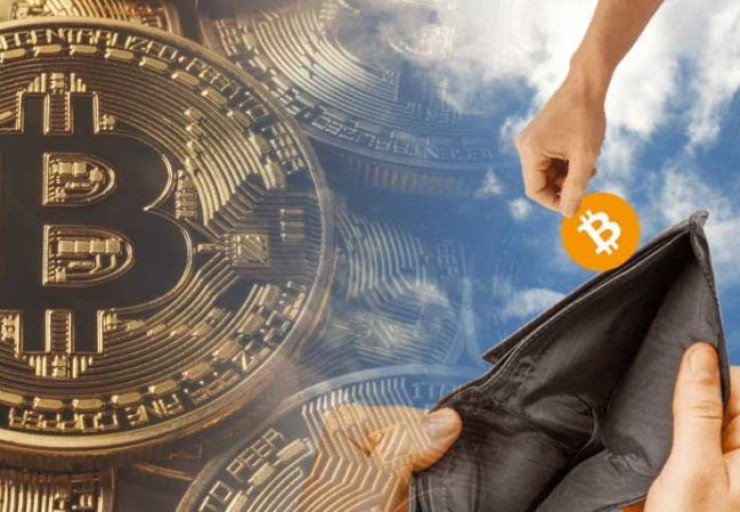
The future is de-fi, without any intermediaries. Crypto was designed to replace banks, and for you to be your own bank. It’s worth remembering this. It’s easy to forget. In fact, everyone in crypto at some point gets pulled in by centralised services. The cryptocurrency space is evolving rapidly and can create difficult choices in terms of how to manage and store your investments. Various platforms produce considerations and trade-offs not just for newcomers but even those already familiar with the technology, but finding themselves going deeper down the ‘rabbit-hole’ of crypto. A sign of this is that you’re investing in a wider or more diverse array of tokens and platforms.
So what is the best way to ‘hodl’ or store them? What wallets should you use? Should you trust third-party ‘crypto banks’, web wallets, online platforms and centralised exchanges? There are some very secure, noteworthy services doing all they can to hold your cryptocurrency for you. These include Coinbase, Binance and various borrowing and lending platforms like BlockFi and Nexo. They will certainly make money from you, and for you, but in the long-term you might lose it, or see its value fall (and they will still be smiling).
Get exposed to the asset
By all means, store some funds there and benefit from what they offer, but remember that this is not the future. Digital wallets are the future. Your direct control of your own cryptocurrency, is the future, and it’s the most secure, ideal option for your crypto. Such wallets provide instant access without any associated or hidden fees, and open up a doorway to the world of dapps and more, but where the crypto remains - always - under your control. Yes, that entails a bit of responsibility, but more than any alternative, it will be worthwhile. If you need to send or access some funds directly or immediately, without any withdrawal process at all, this option will be yours always, and it can be the most powerful one.
You Can Go Your Own Way
So once you’ve bought crypto with traditional currency, either using Coinbase or a peer-to-peer or third-party service (like LocalBitcoins.com), the best option is to move it into a digital wallet and store it there.
This could be an external Ledger wallet but the easier, more common-place option is a mobile wallet (secured by a password, biometrics etc, of course which can also be synchronised to a browser extension for use on a laptop or desktop.)
You must note down the seed phrase and private key to this wallet (offline preferably, or encrypted) and then… Voila! You can now use your crypto to interact online with all kinds of dapps and products.
Only you possess the keys (store them well!) and you can always send the crypto or spend it instantly, paying only fees required by the network or dapp. Some fees may be high at times (Ethereum 2020!) but at least they’re ‘real’ fees.
So which Crypto Web3 Wallet?
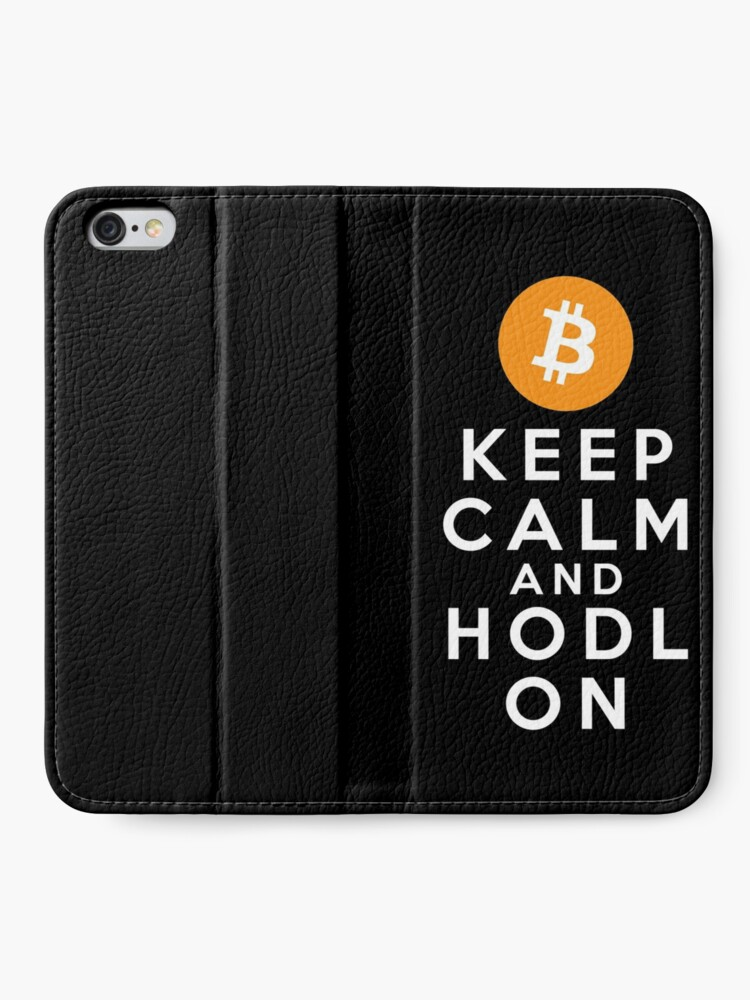
There are different kinds of crypto wallet:
- Multi-coin wallets, for crypto from multiple networks.
- Ethereum wallets dedicated to ethereum tokens only.
- more dedicated wallets, possibly for networks which work uniquely or differently.
This article recommends: Trust Wallet multi-coin app (which includes Bitcoin), but where you can also create a separate wallet account for Ethereum tokens, or for any other blockchain.
You can download the MetaMask browser extension too, for this allows you to import your wallet there, along with other networks like Binance Chain, compatible with the Ethereum smart contracts.
You can create multiple wallets (with their own names) inside these applications, or to just ‘read’ the contents of existing wallets, (but where you’re not able to access or interact with the funds inside them.)
You can switch between them - easily - from in Trust Wallet and MetaMask.
Remember! Your crypto or tokens are not stored directly in these applications anyway. All funds exist on the relevant blockchain network. But as long as you have the keys for the blockchain ‘account’, it doesn’t matter what wallet you decide to actually use to manage your funds.
You can also earn staking rewards automatically inside Trust Wallet on some cryptos and you can interact with ‘de-fi’ apps to lock-up your crypto in smart contracts on Ethereum. These apps are more trusted and secure than with intermediaries like Coinbase or Binance. There’s already billions in value locked up on Ethereum. You can swap any token - or invest in early ones - via the Uniswap app.
Centralised Finance
If you use a custodian, or any centralised exchange such as Coinase, Binance, you will be paying fees, either on withdrawals or for transactions. You will also be surrendering levels of security. Recently, Kucoin exchange was hacked for what is now believed to be up to 200 million. It’s true these funds are most likely covered by insurance - on these more trusted exchanges - but there will be delays accessing your crypto, since all withdrawals and deposits will be suspended for some time. On less trusted exchanges, you could lose all your funds.
So this article recommends direct storage and control of cryptocurrency. Passing your crypto over to any form of custodian or third-party may mean you have to wait to get it back, wait for withdrawal times, or go through various processes. It’s a temporary choice only, for those trading or seeking liquidity.
But this also explains the rise, and reason, for non-custodial ‘decentralised finance’. It’s the ideal, and is being explored by the top developers on Ethereum with innovative new exchanges like Uniswap. These projects allow you to retain full control of funds in a wallet, and are trusted, community-led, decentralised entities. They have arisen even in spite of high transaction fees on Ethereum. Yes, transaction fees are an issue with Ethereum right now, but layer2 solutions are coming and other chains can be used from within crypto or web3 wallets.
For Binance advocates, it’s better to switch over to Binance Smart Chain in your MetaMask wallet, than risk your funds on their main platform. They are still doing all they can to keep users on their platform.
But I’m Missing out on Centralised Benefits?
Yes, you will miss out on some benefits such as ‘soft-staking’ passive income when crypto is pooled or held on exchanges. You might say currencies are meant to be used or spent, but the explosion of ‘de-fi’ (see our last post) is now encouraging rewards from a burgeoning array of options for borrowing and lending, compounding and liquidity providing. ‘Locking up’ your crypto can produce attractive rates beyond any traditional banking instrument, and in this uncertain climate too.
However, you can still receive staking rewards and benefits when you use a direct crypto wallet. Yearn.finance was one such project which has exploded perhaps somewhat on the back of the desire to escape reliance on any intermediary, and earn larger returns via special ‘Vaults’. The coin reached an all-time high of over 33.5k dollars.
With a need for greater, decentralised liquidity in crypto, the rise of more trusted dexes (decentralised exchanges), AMM (Automated Market Makers), and yield farming protocols built upon trusted blockchains like Ethereum are blossoming.
Remember the Network
Some cryptos including Bitcoin, are seen by many as digital assets that should never be sold, despite its high liquidity which makes it so easy (and tempting) to convert into other, ‘more promising’ projects and platforms. Bitcoin’s security and its liquidity are its inherent strengths, its inherent value, a reason for its trusted position it holds as the one most fully decentralised network in the market. Ethereum too has earned its place, and is seeing the most active development and adoption. If Ethereum 2 doesn’t increase its value soon, there could be more competitors rising fast and stealing that adoption.
An ‘asset’ is something which plays an important role in something - and can produce rewards. For the newer forms of network, ‘staking’ on many blockchain networks helps to secure the network itself and increase decentralisation. Anyone choosing to stake their crypto - or, instead, pool it - can earn such rewards. But there needs to be more development on a network beside staking, and each blockchain can have a different focus or strength. Interoperability and ‘de-fi’ will continue to increase the value of many networks and tokens.
Meanwhile, there is somewhat of a hidden war emerging between those in the business of crypto - the crypto exchanges and ‘crypto banks’ - and the non-custodial, independent nature of crypto itself (which - really - needs no third party, except to change into fiat currency, such as Coinbase). But the truth is that - for now - they still need each other. There’s no denying the large investment these players have put into the space, but they find themselves continually adopting innovations into their own platforms, or risk losing users. Some are more committed to disrupting themselves than others.
Should we keep on ‘lending’ our crypto to these less secure ‘banks’ or make a point to avoid them at all costs, as Uniswap does, with its decentralized exchange technology?
A Mix of De-Fi and Ce-Fi
For temporary or short-term lock-ups, go ahead and use intermediaries and custodians. But this article seeks to underscore the importance of your own (preferably multiple) crypto wallets. You never know when you might need instant access to your own funds. Also, crypto is still so new, it’s a shame not to experiment with platform tokens, and just lock it away. Also, the market can change very quickly, and it could be unwise to put away Bitcoin, when it takes a few days to claim back. Locking it up on ‘de-fi’ is a much quicker, flexible solution that will see more growth.
Looking at the bigger picture for crypto, many people can see where it’s going.The good news is that many big, centralised ‘crypto banks’ have realised where it’s going for some time, and are making preparations to disrupt themselves. The mix of de-fi and ce-fi is actually a good thing right now, but the future is most likely a wallet-centric one, where everything is done via browser or mobile app.
You can start preparing, by simply adopting a more temporary strategy when it comes to leaving your crypto on any centralised exchange, or with any intermediary.
Cryptocurrency offers everyone the chance to control their money and their keys, and interact - or transact - with applications and people online globally. You need no longer need to be inconvenienced - lured in - by the latest product offered by Binance, Coinbase etc. And the annoying process of having to withdraw and deposit crypto anywhere will go away, replaced just by a quickly-signed transaction via your wallet itself.
And yet, centralised exchanges and fiat gateways - and payment cards if you must spend your crypto sometimes at this early stage - must continue for the time being.
There are now even crypto, de-fi, Visa-based payment cards like Monolith, which operate without any intermediary, allowing you to spend crypto directly from a secure mobile wallet in shops etc, but where you control your funds at all times! Bye-bye banks, and bye-bye crypto banks!
So always remember the great mantra: ‘Not your keys, not your Bitcoin’.
Start using crypto wallets. Or it may well come back to haunt you while you’re left waiting on the phone to your bank, or reading the latest horror news story involving a bank or a hack.
Stay tuned to this awesome GrabFreeMoney.com blog for the next post featuring latest guidance and investment opportunities!
Contributed by AdesPress.blog (get your defi NFT!)
Sept 2020
Disclaimer - Always do your own research too. This is not professional financial advice so you invest at your own risk. The cryptocurrency market contains speculative and volatile projects so never invest more than you can afford to lose. Keep calm, and hodl on.

 What is Ethereum and what can you do with it?
What is Ethereum and what can you do with it?
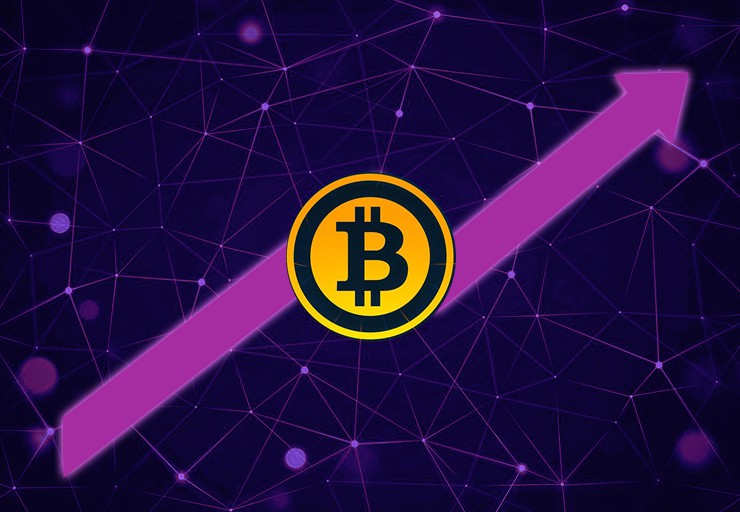 Tips on investing in Blockchain, plus top promising cryptocurrencies in 2020.
Tips on investing in Blockchain, plus top promising cryptocurrencies in 2020.
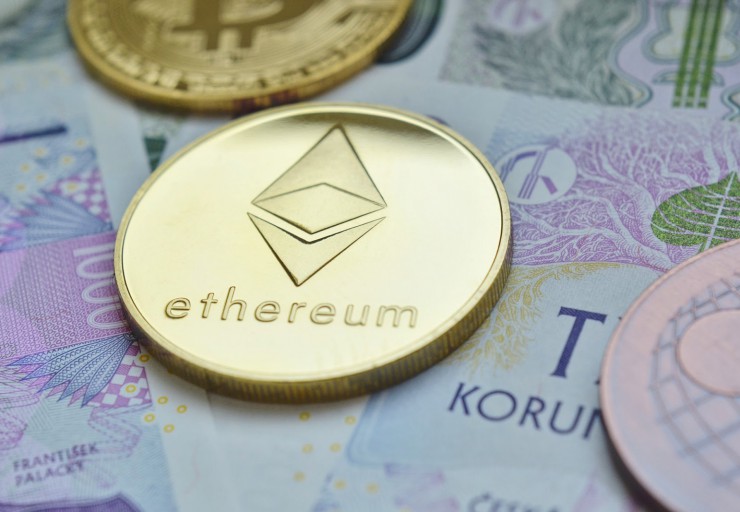 Putting your Ethereum to Work: Try these 4 ‘De-Fi’ Apps
Putting your Ethereum to Work: Try these 4 ‘De-Fi’ Apps
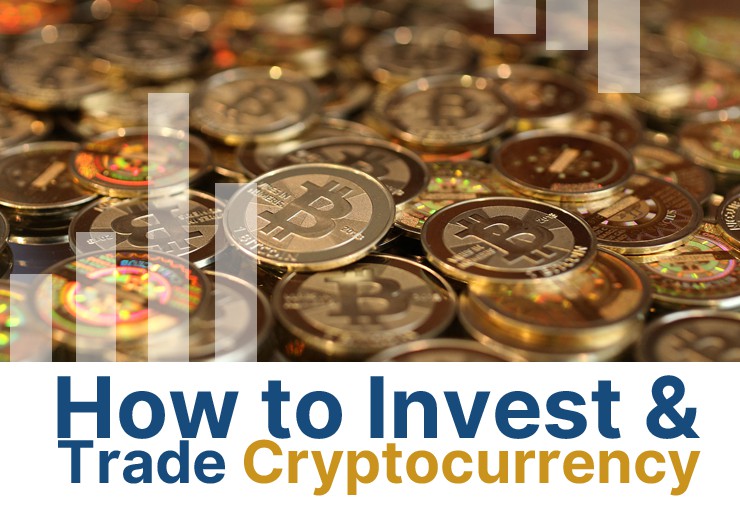 How to Invest & Trade Cryptocurrency (+automatically): Quant Trading!
How to Invest & Trade Cryptocurrency (+automatically): Quant Trading!
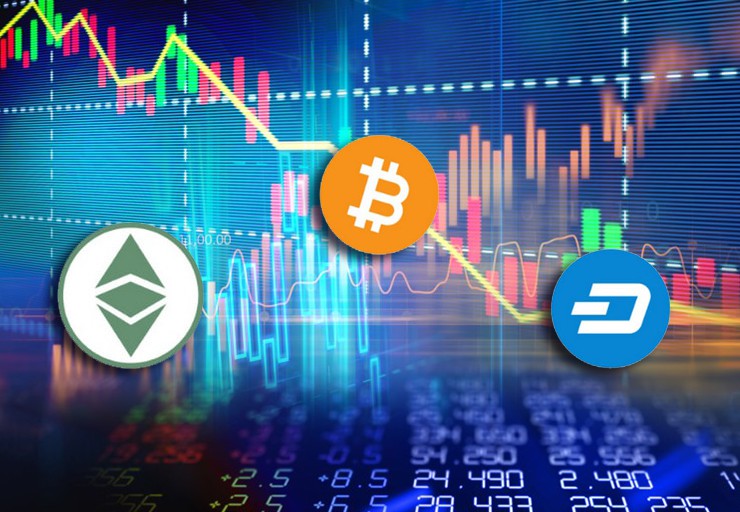 Blockchain Retail Investors: First we got into trading, now we’re into Dapps!
Blockchain Retail Investors: First we got into trading, now we’re into Dapps!
 Investing in Digital Assets in Q3 (2020)? Consider these 5 Top Crypto Projects
Investing in Digital Assets in Q3 (2020)? Consider these 5 Top Crypto Projects
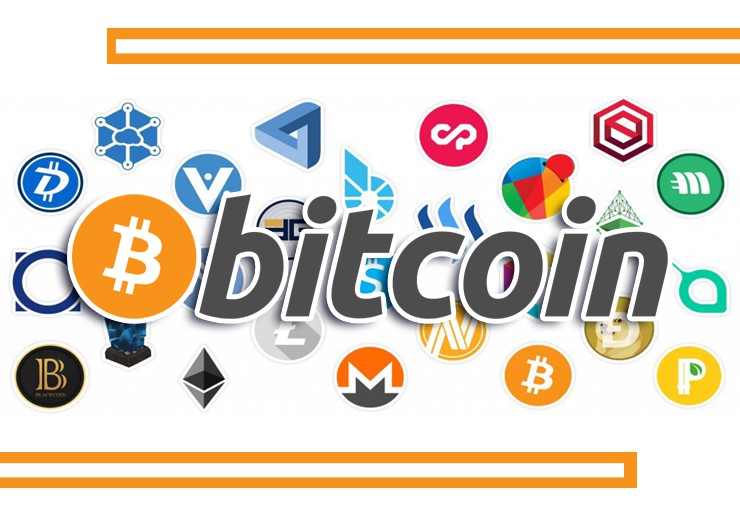 Why Bitcoin and Cryptocurrencies are still so exciting
Why Bitcoin and Cryptocurrencies are still so exciting
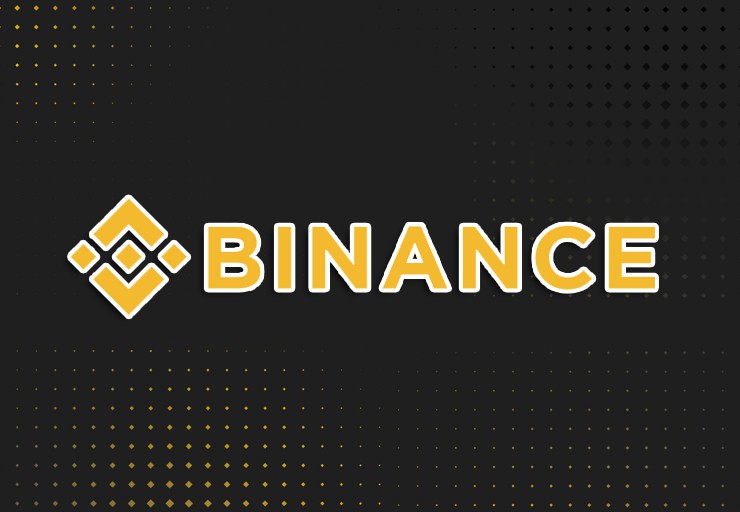 Binance: Not afraid to keep pushing
Binance: Not afraid to keep pushing